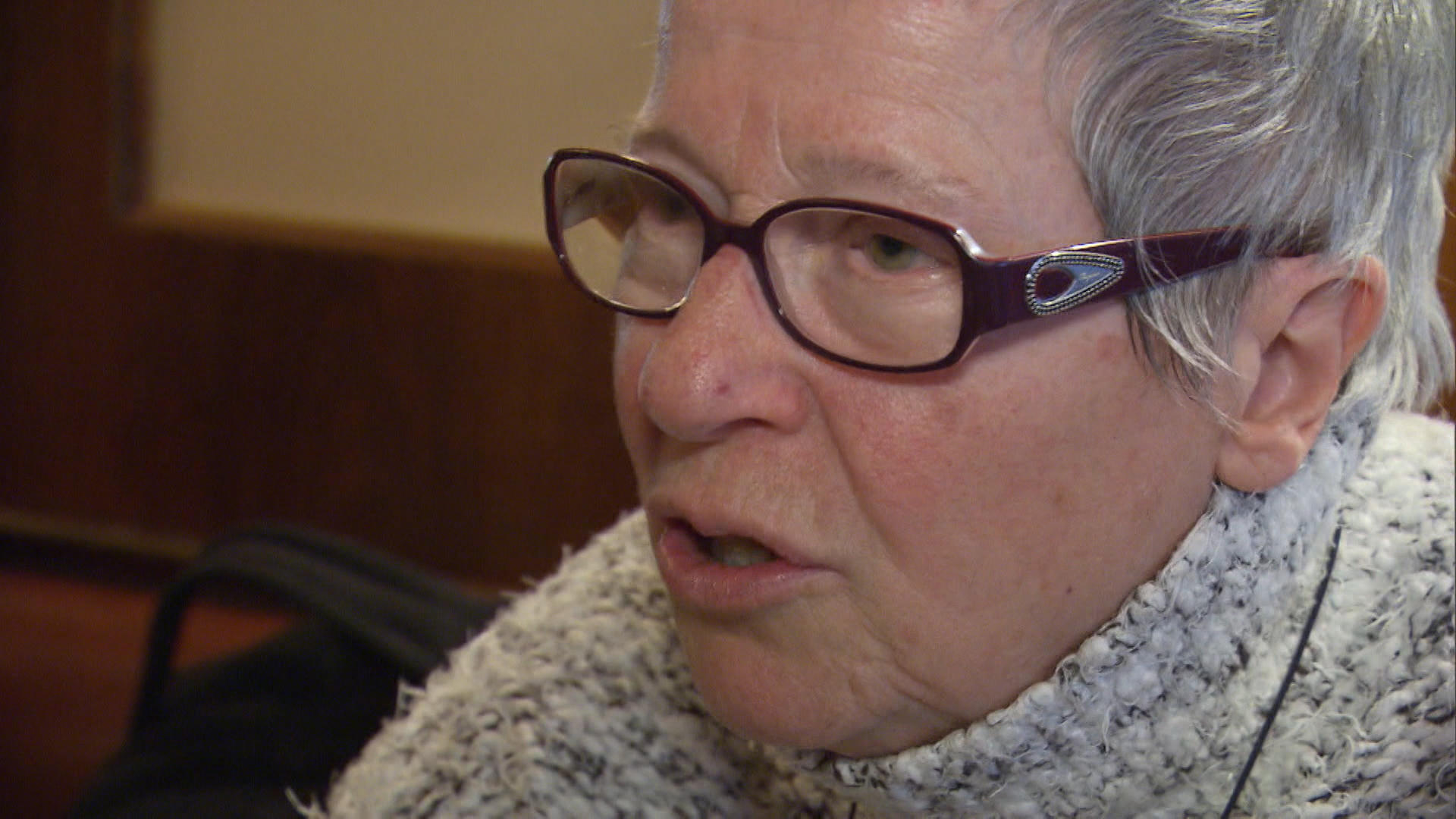Voters baffled by company tax reforms

Far from being a middle-class rebellion, utter confusion appears to have motivated voters to reject Switzerland’s corporate tax reforms in February. Three-quarters of referendum voters could not understand the details and many voted “no” just to be on the safe side, research has shown.
On February 12, some 59.1% of voters rejected government-backed plans to reform the system of taxing companies. The proposed changes, also approved by cantons and business lobby groups, were meant to end “harmful” tax practices while ensuring the future supply of foreign multinational headquarters in Switzerland.
But opponents, led by left-leaning political parties, had argued that the proposals would favour large companies at the expense of middle-income Swiss taxpayers. This led to speculation that the middle class had poked the elite in the eye at the ballot box.

More
Why people were against tax reforms
But this might not be so, according to VOTO, a research group mandated by the government to crunch the numbers in detail. People on lower incomes were far more likely to have voted against the proposals that big earners, according to VOTO’s survey of 1,519 voters after the referendum. However, middle-income earners did not reject the reforms to the same degree as those on low wages.
‘If in doubt, vote no’
The sheer complexity of the proposed tax changes and uncertainty about their economic impact appears to have been the decisive factor in swaying the vote. With the vast majority of people surveyed failing to fully understand the implications of the reforms, around a third of voters simply acted on the principle: ‘if in doubt, vote no’.
In these cases, opting for the status quo (no tax reform) was preferable to accepting a doubtful change, even if it was backed by the government.
A third of voters made their decision at the last minute, according to the survey. These people may have been more susceptible to campaigning messages, among which was the threat that reforms would blow a CHF3 billion ($3 billion) hole in Swiss tax receipts. But VOTO rejected a theory that the late intervention of former finance minister Eveline Widmer-Schlumpf for the “no” camp was a game changer.
The rejection has left the government scrambling for a new set of corporate tax reforms. There is little doubt that Switzerland must make changes to avoid inclusion on Organisation for Economic Co-operation and Development (OECD) and European Union blacklists of uncooperative corporate tax havens.
Swiss Finance Minister Ueli Maurer has said he wants to have a new proposal on the table by the end of this year.

In compliance with the JTI standards
More: SWI swissinfo.ch certified by the Journalism Trust Initiative



You can find an overview of ongoing debates with our journalists here. Please join us!
If you want to start a conversation about a topic raised in this article or want to report factual errors, email us at english@swissinfo.ch.